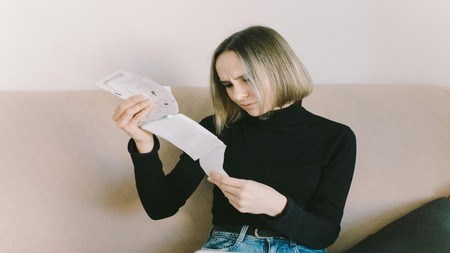Although New Year’s resolutions are notoriously difficult to keep, there is one that can really deliver enough financial benefits to keep homeowners motivated for a whole year.
And that, says BetterBond CEO Rudi Botha, is the promise to yourself to “invest” something in your bond every month.
“At this time of year, many people are making plans to get better control of their finances and to save money for their children’s university education or their own retirement,” he says, “but the truth is that if you’re a homeowner and you have some surplus cash each month, the very best ‘investment’ you can make is in your existing bond.
“The reason for this is that the amount of interest you will save on your home loan will, in the long term, far outweigh the returns you could hope to make by choosing seemingly more exciting or adventurous investment avenues.”
According to the latest statistics from BetterBond, SA’s biggest bond originator*, the average home price is currently R1,13m and the average deposit 20%, putting the average monthly bond repayment on a 20-year loan granted at the prime interest rate of 10,25% at just under R8900 a month.
However, thanks to the way compound interest works, the homebuyer who pays only the minimum amount each month will pay almost R1,3m in interest over the course of the loan – or more than the original cost of the property.
But by contrast, says Botha, the homeowner who pays just 10% more than the minimum each month – or an additional R890 in the example above - will pay off the loan in about 15,5 years instead of 20, and pay only R892 000 in interest.
“In other words, he or she will save about R480 000 worth of interest, representing an excellent and tax-free return on the total additional ‘investment’ of R166 000 in their home loan. And of course the value of the property itself will be growing at the same time, and your equity will be mounting up quickly to provide a solid foundation on which to build wealth and meet your family’s future needs.”
Home values may only be growing slowly at the moment, he says, but owners need to remember that these also compound, and the latest First National Bank statistics reveal, for example, that real (after inflation) house prices have grown 65,5% since December 2000, despite the recession experienced in 2008/ 09.
“What is more, an investment in property is relatively risk free, which is a very valid concern for consumers at this time, when the value of even blue-chip shares that seemed like a ‘sure bet’ can be wiped out within hours.”




